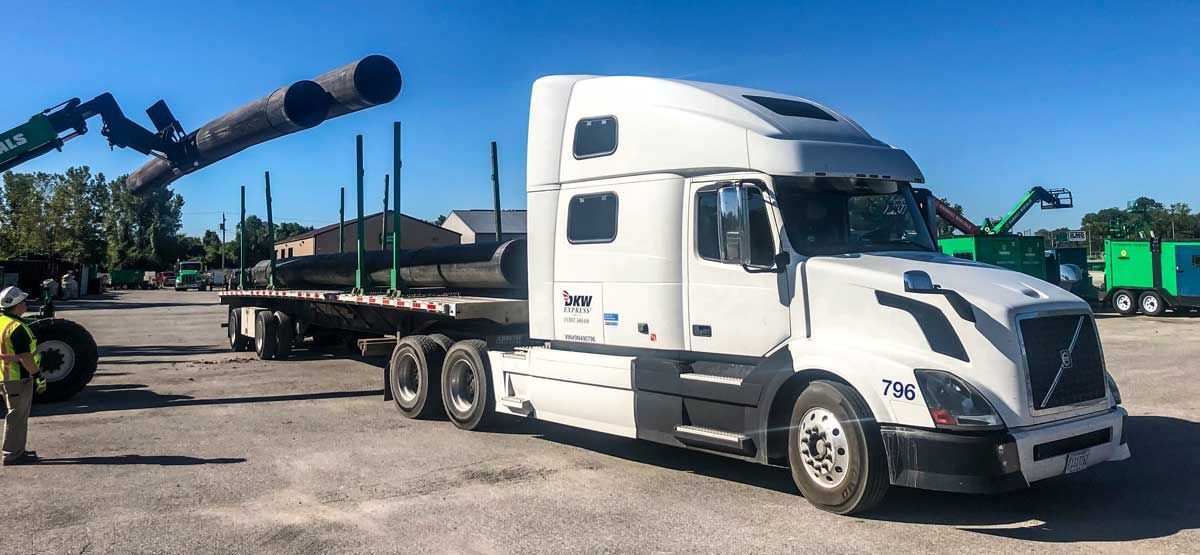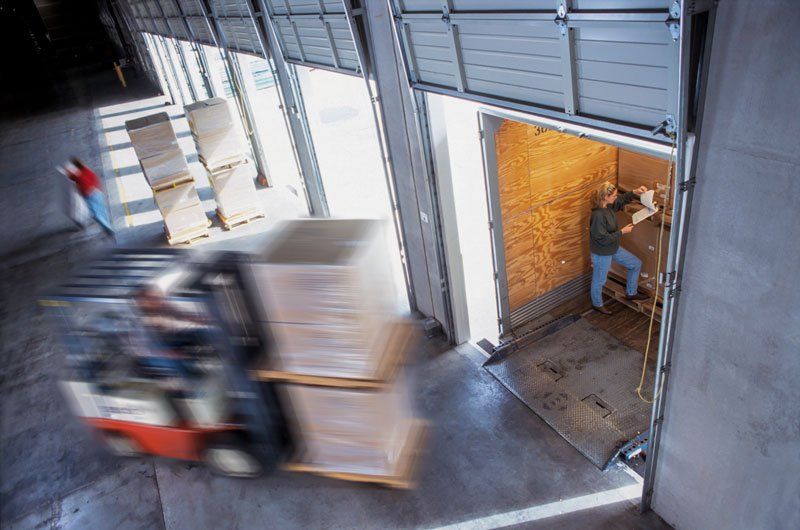Why become a flatbed owner operator
Flatbed Owner-Operator Companies
In any trucking company, there are two types of truck drivers: owner-operated truck drivers and company drivers. Trucking companies employ company drivers, while the owner-operators drive trucks that they own, under the authority of the company that's dispatching them.
Both are great ways to make a living, but there are key differences. For example, while most truck drivers are licensed commercial drivers, only one in nine drivers is an independent contractor. Therefore, before deciding on the best route, you must evaluate your skills and assess your financial and personal needs.
Once you get deeper into the world of owner-operators, you find it that you can take a few routes:
- Flatbed Owner-Operator career path
- Dry Van Owner-Operator career path
- Reefer Owner-Operator career path
In this brief article we will discuss why becoming a flatbed owner-operator can be more attractive to drivers that do not mind getting their hands dirty.
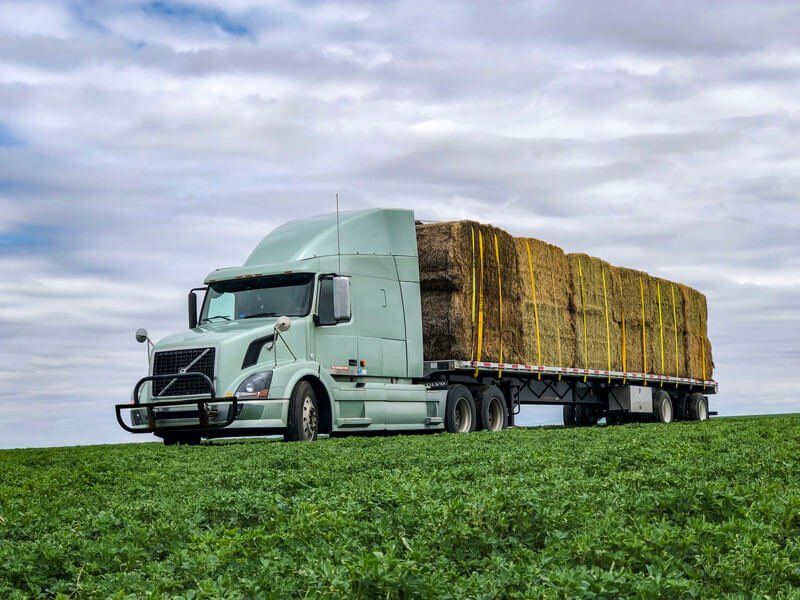
What are flatbed owner-operator jobs?
A flatbed owner-operator has a commercial vehicle that primarily pulls a flatbed tractor-trailer dedicated to hauling specialized loads. Flatbed trailers are open and have no walls or roofs. This unique feature makes them accessible from all sides. With a crane, you can load a flatbed truck from the sides, rear, and even from the top.
As a flatbed owner operator, your primary duties include the safe transport and on-time delivery of products, undamaged. While most of the flatbed loads must fit into a certain dimensional or weight criteria, there are times when you are being offered oversized loads.
The criteria to keep in mind is as follows:
- The load should not exceed 80K lbs minus your empty weight. Most flatbeds are fine to haul 47K lbs; some can haul even over 50K lbs.
- The flatbed itself is 102" wide; to comfortably secure loads, the freight should be up to 96" in width. Otherwise, you will have to put straps over the railings, which might bend.
- Freight of up to 53' in length can go on a flatbed legally without a permit. If you have a 48' flatbed and the load is 53' long, you can let the load stick out in the front by up to 2' and 3' in the rear. It would help if you marked corners of the load with red flags or cloth.
- Freight height should stay at or under 8 feet. Each flatbed can be different in terms of the mid curve or trailer height in general. Regular flatbed trailers cannot haul high cube containers (you'll need a step-deck trailer for that).
How much do flatbed owner-operators make?
If you are looking for a simple calculator to calculate your salary, it works out at approximately $95.72 per hour. This works out to be approximately $3,829 per week or $16,592/month.
ZipRecruiter reports that Flatbed Owner Operators can earn as much as $377,000.500 annually and as little as $25,000.500 annually. However, most Flatbed Operator salaries range from $95,000 (25th percentile) to $280,500 (775th percentile), with the highest-earning (90th percentile), making $353,000 per year across the United States. Thus, flatbed Operators can earn as little as $185,000. This suggests many opportunities to advance and receive higher pay depending on your skill level, experience, and location.
When it comes down to owner-operator reported earnings, these numbers are most likely gross revenue numbers before any of the expenses. Here are the current rates for flatbed owner-operator in the United States below.
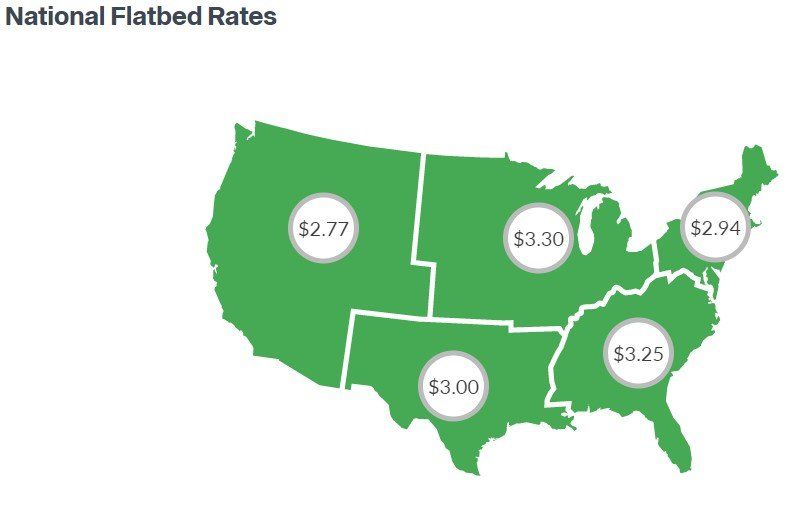
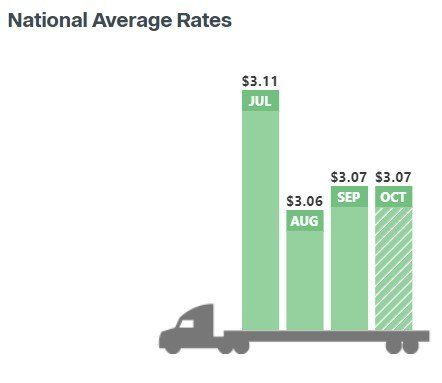
Source: https://www.dat.com/industry-trends/trendlines/flatbed/national-rates
If you check out the rates breakdown for dry vans and reefers in our independent dispatch services for owner operators article, you can see that flatbed rates are much better than dry van and in par with reefer. So why not pull a reefer trailer, you might ask?
The answer is pretty simple. Reefer might pay better during some seasons, however the headache that comes with it makes it not worth it. Yes, flatbed owner-operators have to tarp and untarp outside in heat and cold, in rain and snow. However, they get treated better by shippers and receivers, their load times are lower and appointment times are mostly during daytime hours. Reefers on the other hand have to load during the day and unload in the middle of the night a lot of times. This makes it very hard to stay legal on log books without ruining the whole week.
DKW Express News
DKW EXPRESS LLC

